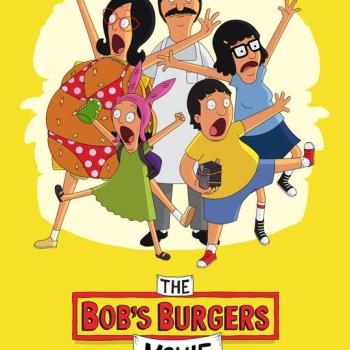Review of Searching for Sugar Man, Directed by Malik Bendjelloul

Even after winning the Academy Award for Documentary last year, Searching for Sugar Man remains an obscure film with a niche following. The movie’s journey parallels that of its main character, Sixto Rodriguez. As a 1970s artist, Rodriguez came out with a couple of albums, only to disappear into obscurity. But unbeknownst to him or the music industry in the United States, Rodriguez’s music inundated the South African music scene. His songs influenced famous contemporary South African artists and even played a role in inspiring the anti-apartheid movement. Yet almost no one in South African knew anything about this mysterious man whose picture graced one of his album covers.
That was soon to change when two journalists independently, then jointly, pursued the story of Rodriguez. South Africans assumed he was dead. Rumors of his gruesome suicide on stage, whether by a bullet to the head or self-immolation, were commonplace. These journalists, like all good investigators, followed the money. They contacted the U.S. record labels that produced Rodriguez’s music and eventually discovered that he was in fact alive. He was living in Detroit, in a modest house where he had lived for decades. He was a home renovation contractor, content with his circumstances.
This bizarre story culminates in the dramatic debut of Rodriguez in South Africa. Almost everyone in South Africa had lingering doubts whether or not this was the real Rodriguez, but as soon as he steps on the stage, the crowds erupt in cheers and waving hands. The band cannot even get started as they wait for the fans to calm down. Rodriguez and his daughters are caught completely unawares. The visceral reaction of the adoring concert attendees tugs at the heart.
As viewers of the documentary, we respond less to Rodriguez as a musical idol and socio-cultural icon and more to his sense of vindication. Rodriguez has waited for decades before he is recognized for his accomplishments–or rather, not waited, but given up on living the musician’s life. When he least expected it, vindication came, setting the record straight that though he didn’t make it big in the United States, the quality of his music and lyrics was self-evident.
The vindication of seemingly hopeless waiting is so cathartic that seeing Rodriguez on stage is a very moving experience. Rodriguez’s waiting echoes the waiting that Christians undergo and the cathartic moment of the Christian’s vindication will be on an infinitely larger scale. The greater the hardship, the greater the vindication. Rodriguez lived in relative obscurity, not knowing of his fame, and he had nothing to prove. Christians, on the other hand, generally live harder lives of opposition, persecution, and social pressures. But Christians are called to persevere for their vindication will come, whether in this life, or in the final resurrection.
As simple a plot as finding a lost musical artist has made it to the Oscars, not merely for the cinematographic skills (which there is plenty), but for deep-rooted desire to see vindication. To know what I mean, you have to watch the film. You might end up a Rodriguez music fan yourself.
Schaeffer’s Ghost’s Christian Hamaker previously wrote a review of this film, which can be found here.












